1919 Yu Gwan-sun (2019)
Género : Documental
Tiempo de ejecución : 1H 19M
Director : Shin Sang-min
Sinopsis
A film that explores the lives of female independence activists who fought against the Japanese Occupation in the North and South of Korea.
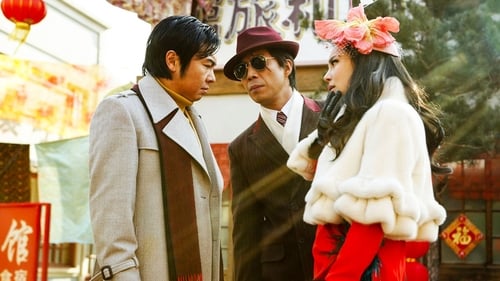
Under Japanese imperialism, Korean national treasure Golden Buddha is stolen. More important to national security, the statue contains vital information concerning Korean freedom fighters and their whereabouts as well as their true identities. The interim Korean government appoints legendary Korean spy Agent Dachimawa Lee to recover the fabled statue and reveal the dark plot behind the theft.
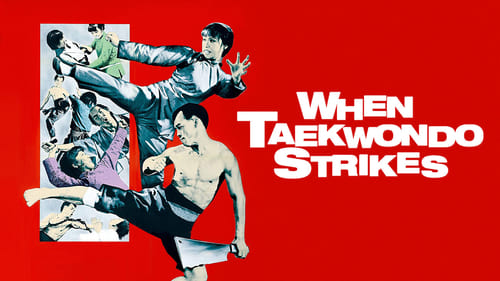
The story is about the Japanese occupation of Korea during World War II. A Korean patriot played by Carter Wong gets into a fight with some Japanese people and is chased into a church. The priest there is captured and tortured. Trying to secure his release, the leader of the resistance, Jhoon Rhee is himself captured and tortured by the Japanese. Carter Wong, Angela Mao and Anne Winton have to now try and rescue him. This leads to an explosive climax with the heroes having to fight the likes of Wong In Sik (Hwang In-Shik), Sammo Hung and Kenji Kazama.
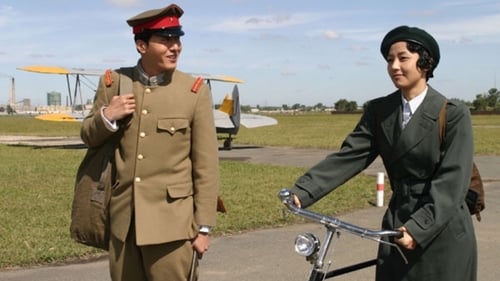
Park Kyung-Won, dreamed of flying since she was a little kid. To achieve her dream of becoming a pilot, Kyung-Won, at the age of 26, travelled to Japan and enrolled in an aviation school. While studying at the aviation school, she supported herself by driving a taxi. One day, Kyung-Won picks up a male passenger, who turns out to be a Korean exchange student Ji-Hyeok. Ji-Hyeok is attracted to her and what she was trying to accomplish. Although he begins to court Kyung-Won, Ji-Hyeok leaves to enlist in the army.
A few years later, Kyung-Won flies her first flight and becomes a pilot. Her accomplishment is well received Korea. Meanwhile, Kyung-Won takes under her wings, fellow female Korean aviation student Jung-Hee, who wants to follow in Kyung-Won's footsteps. Also, Ji-Hyuk is discharged from the army and is commissioned as a officer in a aviation school. Ji-Hyuk and Kyung-Won meet again and soon realize their feelings are as strong as ever.
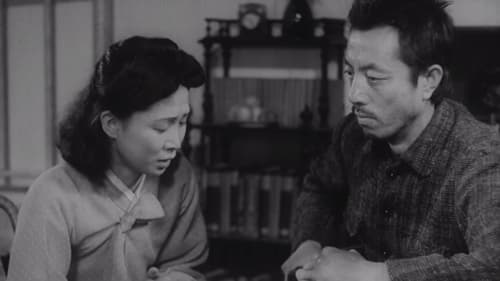
Hurrah! For Freedom (aka Viva Freedom) is a 1946 Korean film directed by Choi In-kyu. It was the first film made in the country after achieving independence from Japan. During the country's occupation Choi was only allowed to make Japan-friendly films, but the plot of Hurrah! For Freedom is distinctly different, telling the story of a Korean resistance fighter in 1945.

This joint Korean-Japanese production follows a Korean woman, Lee Ha-jong, as she searches for her father's remains. He - like tens of thousands of other Koreans - was forced into the Japanese military, and subsequently killed during WW2. She is joined by a Japanese man, seeking reconciliation between his country's military past, and the countries victimized by that history. The filmmakers portray both sides of a still highly emotional debate that centers around the enshrinement of soldiers at the Yasukuni Shrine, and Lee's lawsuit to prevent her father from being enshrined there. As Lee visits Japan and the controversial Yasukuni Shrine, she confronts - and is confronted by a wall of nationalistic pride that might be compared to neo-Nazis defending the righteousness of The Reich. This is contrasted with her meeting and working with Japanese peace activists, who deplore their countries' militaristic past, and seek to heal the wounds with her neighbors.

Openly challenge the powerful that generate poverty, inequality and concentration of wealth has been a constant struggle since 1984, during which the MST (Movement of Landless Rural Works) became one of the most important and recognized social movements in the world. Following the everyday life in camps and settlements in Rio Grande do Sul, marches and confrontations, more contributions from activists and cameramen film clips, the report brings the main issues surrounding the challenge of doing agrarian reform.
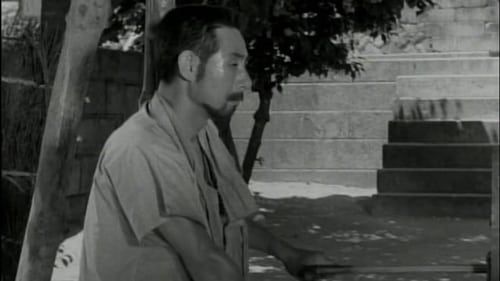
A woman is sold to a forced labor camp as a 'comfort woman' to entertain the guards, a sex slave of the Japanese army. She falls in love with a prisoner there and they make plans to escape.
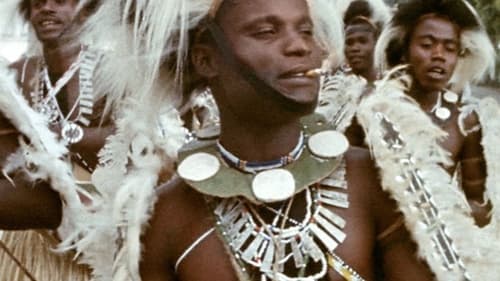
Festival panafricain d'Alger is a documentary by William Klein of the music and dance festival held 40 years ago in the streets and in venues all across Algiers. Klein follows the preparations, the rehearsals, the concerts… He blends images of interviews made to writers and advocates of the freedom movements with stock images, thus allowing him to touch on such matters as colonialism, neocolonialism, colonial exploitation, the struggles and battles of the revolutionary movements for Independence.

During the era of Japanese occupation, Sol Jin-young, a Korean patriarch refuses to obey the law to change the family's name to a Japanese name. Tani, a member of the Japanese occupation forces, is sent to persuade Sol to comply with the order. Tani is conflicted between his duty, his respect for Korean culture and his attraction to Sol's daughter.

Two best friends, So-yool and Yeon-hee, dream of becoming the top artists in Seoul together. But their friendship doesn't last long as Yoon-woo, So-yool's first love and songwriter, falls in love with Yeon-hee and her voice. So-yool's feeling of jealousy and inferiority towards Yeon-hee grows by the day, and she eventually makes a drastic decision to bring the two lovers down.
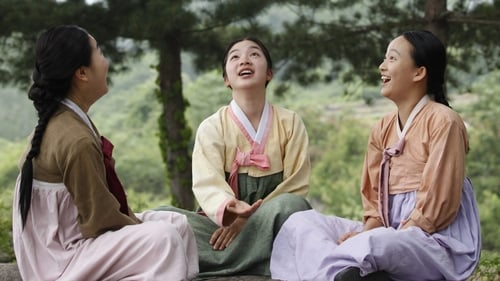
Dos muchachas coreanas, Jung-Min (14) y Young-hee (15) son secuestradas por el ejército imperial japonés y llevadas a una "estación de confort" en China. Allí, se unen a otras chicas secuestradas para servir a los soldados japoneses como esclavas sexuales conocidas como 'Mujer de confort'. Al final de la guerra, solo una de las chicas sobrevive. Décadas más tarde, una anciana intenta reunirse con el espíritu de su amigo perdido. Inspirado por el testimonio de Kang Il-chul.
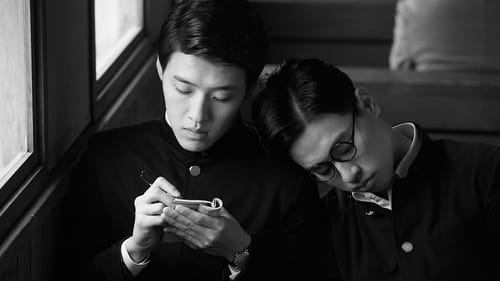
Based on a true story, renowned Korean poet, Yun Dong-ju, is detained and abused by the Japanese for participating in the Korean Independence Movement.
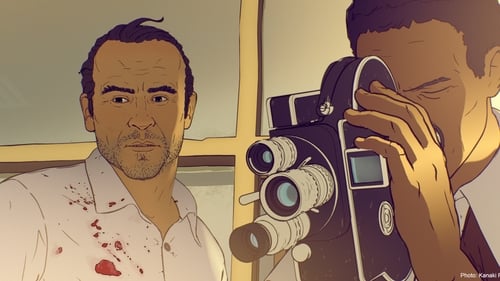
En 1975, Ryszard Kapuściński, un veterano periodista polaco, se embarcó en un aparentemente suicida viaje por carretera al corazón de la guerra civil de Angola. Allí, fue testigo una vez más de la sucia realidad de la guerra y descubrió una sensación de impotencia que desconocía hasta entonces. Angola lo cambió para siempre: fue un reportero quien dejó Polonia, pero fue un escritor quien regresó…

1925, Corea está ocupada por los japoneses. Chon Man-deok, considerado en otro tiempo el mejor cazador de tigres de Corea, vive en la montaña de Jirisan con su hija. Mientras, un militar japonés moviliza a un grupo de soldados para cazar al último gran tigre de la zona, devolviendo a su vez a Chon Man-deok a la acción.
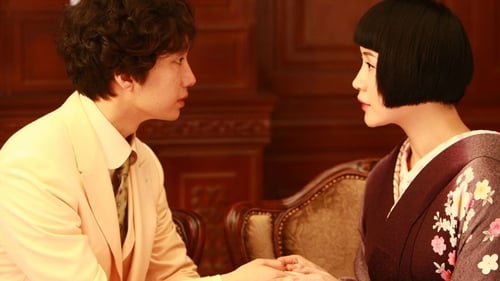
During the Japanese occupation, a Korean modern boy, who wants to fit in with the Japanese, falls in love with a Korean freedom fighter.
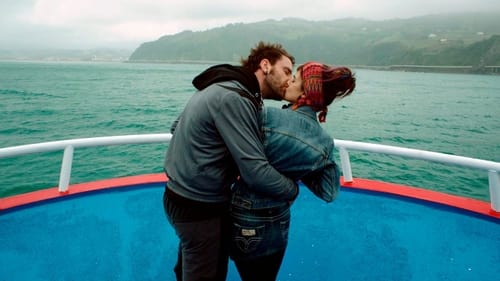
Rafa es un joven señorito andaluz que no ha tenido que salir jamás de su Sevilla natal para conseguir lo único que le importa en la vida: el fino, la gomina y las mujeres. Hasta que un día todo cambia cuando aparece la primera mujer que se resiste a sus encantos: Amaia, una vasca. Decidido a conquistarla, Rafa viaja hasta un pueblo de la Euskadi profunda, donde para que Amaia le haga algo de caso deberá hacerse pasar por vasco. Rafa pasará entonces a llamarse Antxon, nombre euskera al que decide además acompañar de unos cuantos apellidos vascos: Arguiñano, Igartiburu, Erentxun, Gabilondo, Urdangarin, Otegi, Zubizarreta y… Clemente.
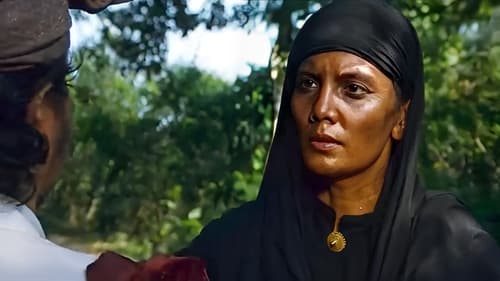
Set in 1896, "Tjoet Nja' Dhien" celebrates one of Indonesia's great heroes who fought for independence from the Dutch. The pious Muslim people of Aceh, a city that had flourished since ancient times as a trade port, enter into a fierce war with the Dutch. Tjoet Nja' Dhien, the widow of a rebel leader operating in Aceh in Sumatra, assumes the leadership when her husband Teuku Uma is killed in an ambush. Dhien's charismatic presence and power of survival motivate the locals to join and later continue their opposition to the Dutch. Despite personal obstacles, she remained in the thick of the struggle for ten years.
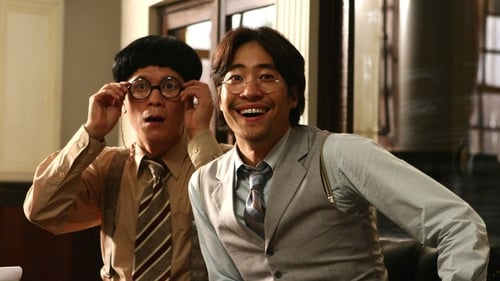
In April 1933, Korea’s Japanese occupiers launched the country’s first radio station, JODK. It broadcasts propaganda so as to better brainwash the Korean people into becoming loyal Japanese citizens. In need of a Korean producer for a radio drama about the greatness of Japan’s Asian Empire, they appoint Lloyd Park, a young man who has only joined the radio station through his father’s connections.
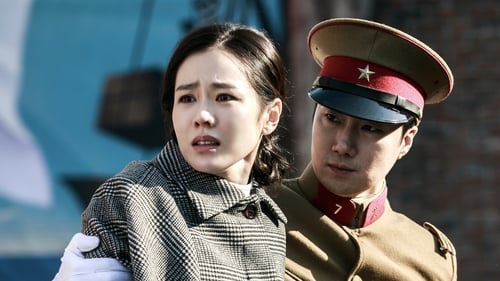
Bajo el dominio colonial japonés opresivo, el Imperio japonés obliga a Deok-hye, la última princesa de la dinastía Joseon a trasladarse a Japón, tras la muerte del Rey Gojong. Ella pasa sus días anhelando volver a Corea, mientras que lucha por mantener su dignidad como una princesa. Después de una serie de intentos fallidos, Deok-hye hace su último intento para regresar a casa con la ayuda de su novio de la infancia, Jang-han.






















